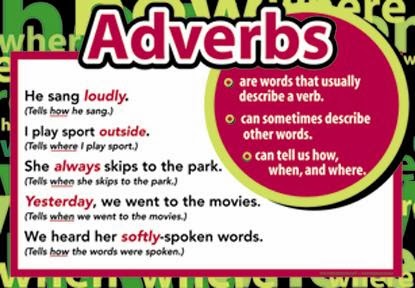
As you now know our focus the forthcoming weeks will be on your writing. When correcting your texts we found that there are still some grammatical issues you guys have to work on. We have found some exercises for you - put all the sentences down in your notebook. Make sure that you can explain to a fellow student in class why you chose the different conjugations of the verbs (subject-verb agreement).
Ex: Jane does not read a book.
In this sentence I used does because Jane is third person singular and the verb to do is always conjugated as does in the simple present (presens) when the subject is third person singular.
Go to the exercises by clicking on the links below (NB: Click on the TOGGLE EXAMPLE if you do not understand what you are supposed to do):
Also do this exercise which focus on the correct usage of there, their, they're (put the complete sentences down in your notebook):
9EF: This is homework for Thursday November 20th.
9CD: This is homework for Wednesday November 19th. (You may write the explanation down in Norwegian)
9CD: This is homework for Wednesday November 19th. (You may write the explanation down in Norwegian)














